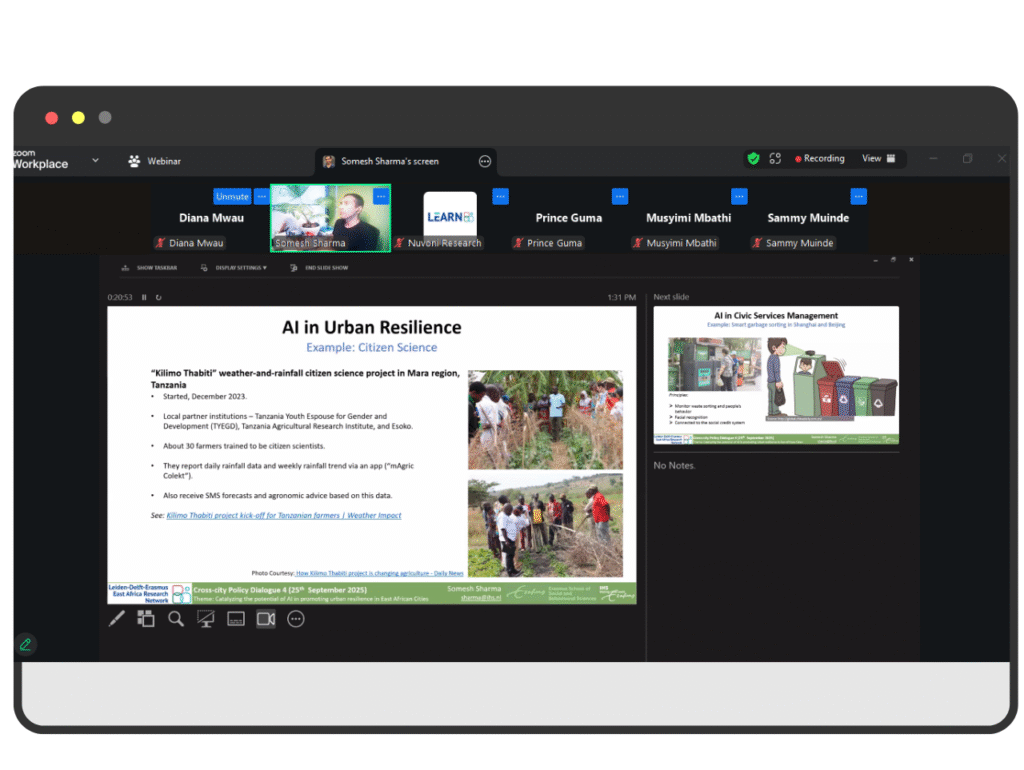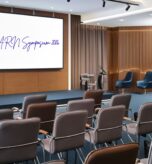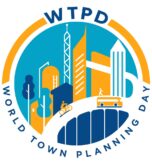At a recent policy dialogue, experts underscored that collaboration, not just technology, is the key to an equitable digital future. As East African cities grow at an unprecedented rate, the challenge of building resilience to climate shocks, resource constraints, and rapid urbanization has never been greater. Our recent policy dialogue brought together experts, policymakers, researchers, and practitioners to explore how artificial intelligence can support sustainable urban systems and strengthen community preparedness in rapidly changing cities.
The consensus was clear: AI is not just a technological tool, but a vital connector of people, data, and decision-making. Participants shared concrete examples of how AI is already being deployed to strengthen urban systems:
- Predicting Disasters: Real-time flood prediction models are providing crucial lead time for early warnings.
- Mapping the Unseen: Geospatial AI is identifying and analyzing informal settlements to direct services more effectively.
- Monitoring Infrastructure: AI-driven systems are helping monitor the health of critical infrastructure like bridges and roads.
- Amplifying Voices: AI-assisted chatbots are collecting and analyzing community feedback at scale, ensuring solutions are community-informed.

The Human Foundation: Ethics, Governance, and Partnership
The dialogue went beyond technology to focus on the essential foundations for success. Speakers unanimously emphasized:
- The need for clear ethical frameworks to guide responsible AI development and use.
- The critical role of capacity-building to ensure a fair digital transition where no one is left behind.
- The power of smart partnerships between technologists, communities, and policymakers.
Key takeaways included The true promise of AI for African cities lies not in importing smart technology, but in cultivating smart partnerships. Building urban resilience requires collaboration that amplifies local knowledge and creates equitable pathways for a digital transformation that works for all.






